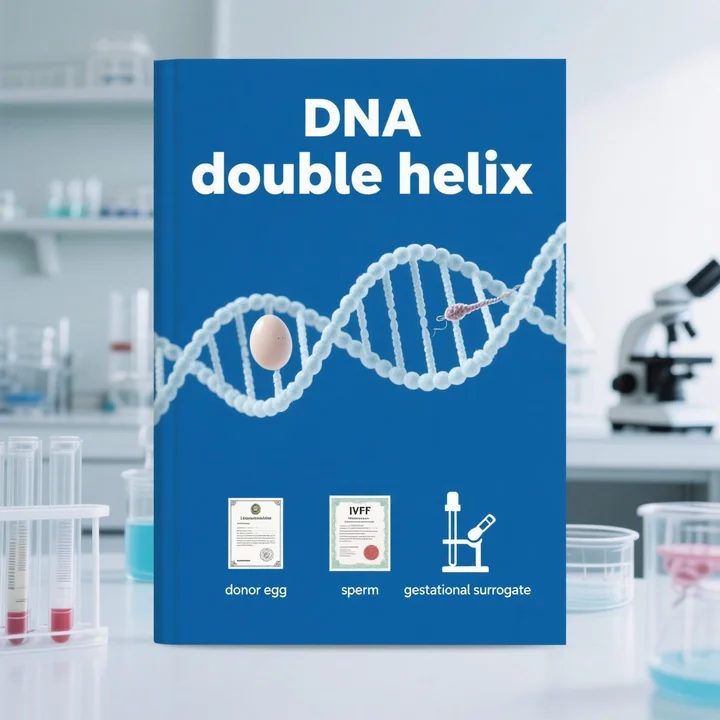The short answer: In gestational surrogacy, the biological mother is the egg donor—not the surrogate. The surrogate carries the pregnancy but has no genetic link to the baby.
Here’s a detailed breakdown of how biology, genetics, and legal parenthood work in gestational surrogacy.
1. How Gestational Surrogacy Works
In gestational surrogacy, the baby is created through IVF (in vitro fertilization), using:
✔ Egg donor (or intended mother’s egg, if applicable)
✔ Sperm (from the intended father or a donor)
✔ Surrogate’s uterus (for pregnancy)
Genetic Contributions
| Role | Genetic Connection to Baby? |
|---|---|
| Egg donor | ✅ Yes (provides DNA) |
| Sperm provider | ✅ Yes (provides DNA) |
| Gestational surrogate | ❌ No (only carries the baby) |
Example: If a gay male couple uses an egg donor + one dad’s sperm, the baby is biologically related to the sperm provider—but not the surrogate.
2. Who Is Legally the Mother?
- Before birth: Contracts establish the intended parents as legal guardians.
- After birth: Most U.S. states issue a birth certificate naming the intended parents (not the surrogate).
Exceptions:
- Some countries (e.g., Germany, France) don’t allow surrogacy, complicating legal parenthood.
- If no egg donor is used (rare), the surrogate is the biological AND legal mother (traditional surrogacy).
3. Can the Surrogate Be the Biological Mother?
Only in traditional surrogacy (not gestational), where:
✔ The surrogate uses her own egg + intended father’s sperm.
✔ She is the genetic and birth mother—leading to complex legal issues.
Why gestational surrogacy is preferred:
✔ No genetic ties to the surrogate → cleaner legal process.
✔ Intended parents maintain full biological connection (if using their own gametes).
4. Common Scenarios
For Heterosexual Couples
- Intended mother’s egg + father’s sperm → Baby is biologically theirs.
- Egg donor + father’s sperm → Baby is biologically half-related to dad.
For Same-Sex Couples
- Egg donor + one dad’s sperm → Baby is biologically half-related to one dad.
- Egg donor + both dads’ sperm (mixed) → Twins may have different biological fathers.
For Single Parents
- Egg donor + parent’s sperm → Baby is biologically theirs.
5. Key Takeaways
✅ Biological mother = Egg donor (or intended mother, if her egg is used).
✅ Surrogate = Pregnancy carrier only (no DNA shared).
✅ Legal mother = Intended parent(s) named on the birth certificate.
Genetic testing can confirm parentage if needed.
Still unsure? Consult a reproductive lawyer for clarity.




